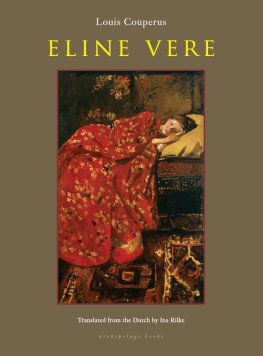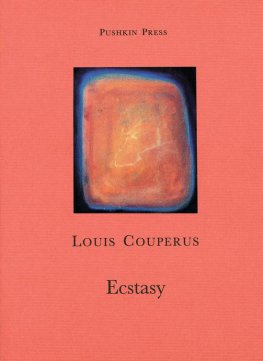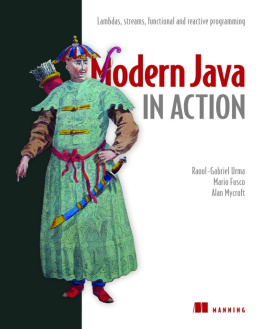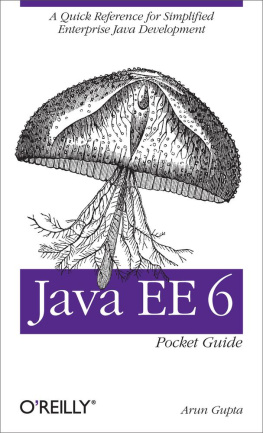Louis Couperus - The Hidden Force: A Story of Modern Java
Here you can read online Louis Couperus - The Hidden Force: A Story of Modern Java full text of the book (entire story) in english for free. Download pdf and epub, get meaning, cover and reviews about this ebook. genre: Computer. Description of the work, (preface) as well as reviews are available. Best literature library LitArk.com created for fans of good reading and offers a wide selection of genres:
Romance novel
Science fiction
Adventure
Detective
Science
History
Home and family
Prose
Art
Politics
Computer
Non-fiction
Religion
Business
Children
Humor
Choose a favorite category and find really read worthwhile books. Enjoy immersion in the world of imagination, feel the emotions of the characters or learn something new for yourself, make an fascinating discovery.

- Book:The Hidden Force: A Story of Modern Java
- Author:
- Genre:
- Rating:3 / 5
- Favourites:Add to favourites
- Your mark:
- 60
- 1
- 2
- 3
- 4
- 5
The Hidden Force: A Story of Modern Java: summary, description and annotation
We offer to read an annotation, description, summary or preface (depends on what the author of the book "The Hidden Force: A Story of Modern Java" wrote himself). If you haven't found the necessary information about the book — write in the comments, we will try to find it.
The Hidden Force: A Story of Modern Java — read online for free the complete book (whole text) full work
Below is the text of the book, divided by pages. System saving the place of the last page read, allows you to conveniently read the book "The Hidden Force: A Story of Modern Java" online for free, without having to search again every time where you left off. Put a bookmark, and you can go to the page where you finished reading at any time.
Font size:
Interval:
Bookmark:
This is a digital copy of a book that was preserved for generations on library shelves before it was carefully scanned by Google as part of a project to make the world's books discoverable online. See the back of the book for detailed information.
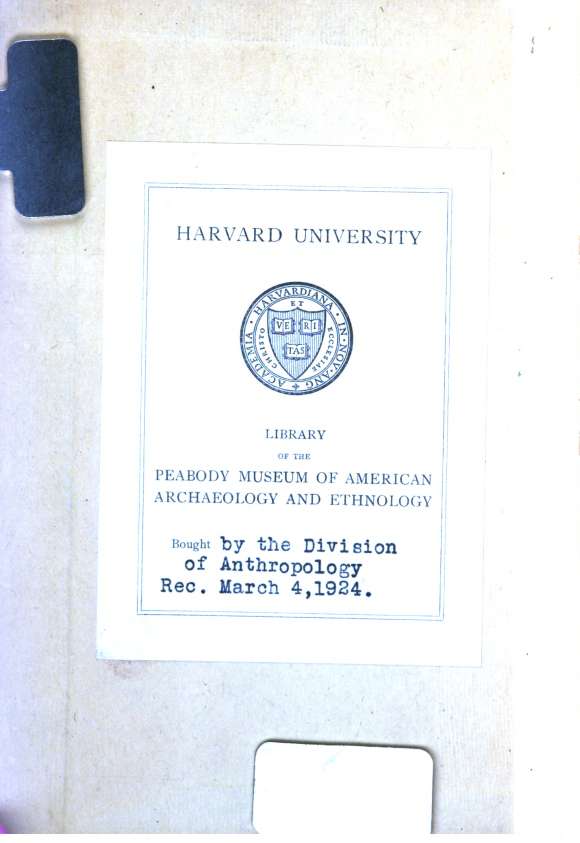



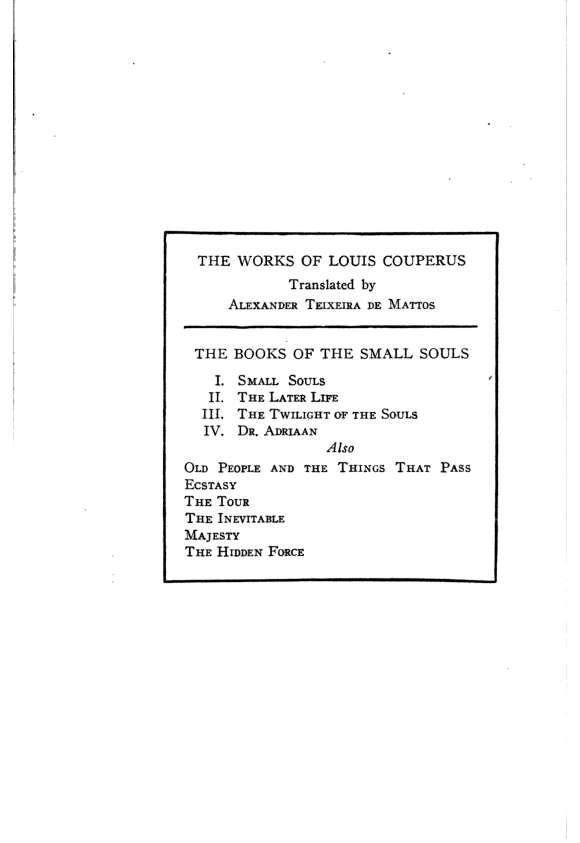
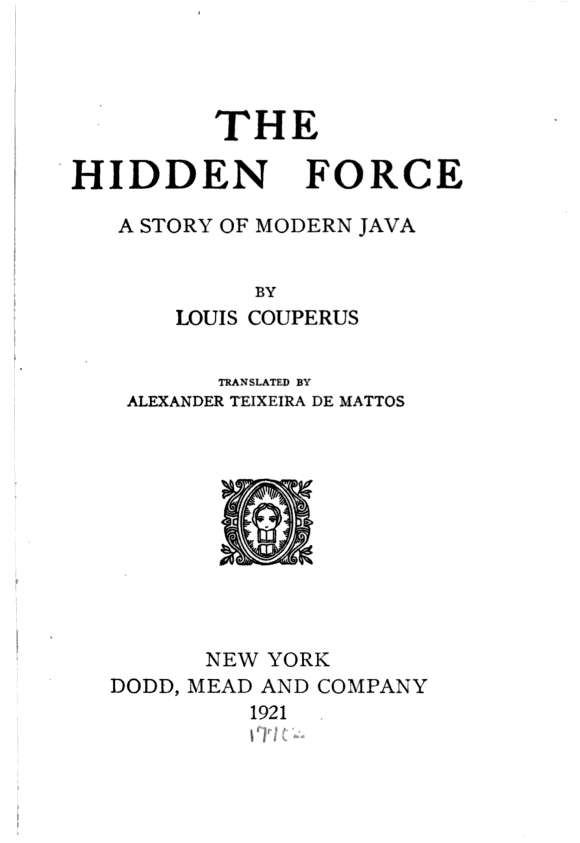
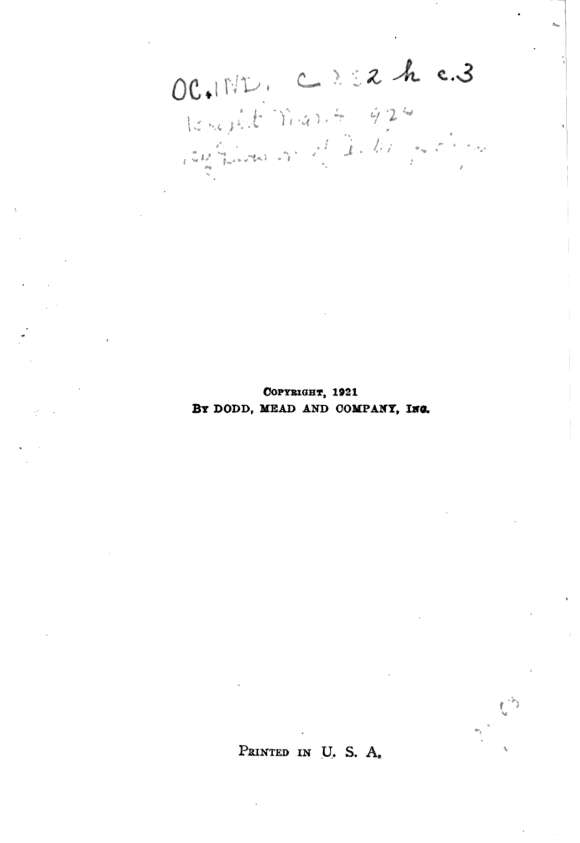
TRANSLATOR'S NOTE
This novel was written in the author's middle period, about twenty years ago. He tells me that, since then, life in the Dutch East Indies has undergone certain modifications, but none of very great importance. The habit among Dutch ladies of wearing native dress during the day has nearly died out. The relations between the ruling and the subject race are almost unchanged since the date of the story (1900).
I have retained the spelling of the Malay words as it stands in the original, with the exception that I have transliterated the Dutch phonetic oe into its English equivalent, or oo. The other vowels are pronounced in the continental fashion.
To each of these terms I have appended a foot-note when it first occurs; and a full glossary of all the native words and phrases will be found at the end of the volume.
Alexander Teixeira De Mattos Chelsea, 23 June, 1921

CHAPTER I
The full moon wore the hue of tragedy that evening. It had risen early, during the last gleams of daylight, in the semblance of a huge, blood-red ball, and, flaming like a sunset low down behind the tamarind-trees in the Lange Laan,1 it was ascending, slowly divesting itself of its tragic complexion, in a pallid sky. A deadly stillness extended over all things like a veil of .silence, as though, after the long mid-day siesta, the evening rest were beginning without an intervening period of life. Over the town, whose white villas and porticoes lay huddled amid the trees of the lanes and gardens, hung a muffled silence, in the windless oppression of the evening air, as though the listless night were weary of the blazing day of eastern monsoon. The houses, from which not a sound was heard, shrank away, in deathly silence, amid the foliage of their gardens, with the evenly spaced, gleaming rows of the great whitewashed flower-pots. Here and there a lamp was already lit. Suddenly a dog barked and another answered, rending the muffled silence into long, ragged tatters: the dogs' angry throats sounded hoarse, panting, harshly hostile; then they too suddenly ceased and fell silent.
At the end of the Lange Laan the Residency lay far back in its garden. Low and vivid in the darkness of the waringin-trees,2 it lifted the zig-zag outline of its tiled roofs, one behind the other, receding into the shadow of the garden behind it, with a primitive line
1 The Long Lane.
'A land of fig-tree, resembling the banyan.
that seemed to date it: a roof over each gallery and verandah, a roof over each room, receding into one long outline of irregular roofs. At the front, however, the white pillars of the front-verandah arose, with the white pillars of the portico, tall, bright and stately, with wide intervals, with a large, welcoming spaciousness, with an expansive and imposing entrance, as to a palace. Through the open doors the central gallery was seen in dim perspective, running through to the back, lit by a single flickering light.
An oppasser1 was lighting the lanterns beside the house. Semicircles of great white pots with roses and chrysanthemums, with palms and caladiums, curved widely in front of the house to right and left. A broad gravel-path formed the drive to the white-pillared portico; next came a wide, parched lawn, surrounded by flower-pots, and, in the middle, on a carved stone pedestal, a monumental vase, holding a tall latania. The only fresh green was that of the meandering pond, on which floated the giant leaves of a Victoria Regia, huddled together like round green tea-trays, with here and there a luminous lotus-like flower between them. A path wound beside the pond; and on a circular space paved with pebbles stood a tall flag-staff, with the flag already hauled down, as at six o'clock every day. A plain gate divided the grounds from the Lange Laan.
The vast grounds were silent. There were now burning, slowly and laboriously lit by the lamp-boy, one lamp in the chandelier in the front-verandah and one indoors turned low, like two nightlights in a palace which, with its pillars and its vanishing perspective of roofs, was somehow reminiscent of a child's dream. On the steps of the office a few oppassers, in their dark uniforms, sat talking in whispers. One of them stood up after a while and walked, with a quiet, leisurely step, to a bronze bell which hung high, by the oppassers' lodge, at the extreme corner of the grounds. When he had reached it after taking about a hundred paces, he sounded seven slow, reverberating strokes. The clapper struck the bell with a brazen, booming note; and each stroke was prolonged by an undulating echo, a deep, thrilling vibration. The dogs began to bark again. The oppasser, boyishly slender in his blue cloth jacket with yellow facings and trousers with yellow stripes, slowly and quietly, with his supple step, retraced his hundred paces to the other oppassers.
1 Native office-messenger.
The light was now lit in the office and also in the adjoining bedroom, from which it filtered through the Venetian blinds. The resident, a tall, heavy man, in a black jacket and white duck trousers, walked across the room and called to the man outside:
"Oppas!"1
The chief oppasser, in his cloth uniform jacket, with the wide yellow hems to its skirts, approached with bended knees and squatted before his master.
"Call Miss Doddie."
"Miss Doddie is out, kandjeng,"2 whispered the man, while with his two hands, the fingers placed together, he sketched the reverential gesture of the seniba.3
"Where has she gone?"
"I did not ask, kandjeng," said the man, by way of excuse for not knowing, again with his sketchy semba. The resident reflected for a moment. Then he said:
1 Native equivalent of the Dutch word opasser.
* Excellency.
' Salaam.
"My cap. My stick."
The chief op passer, still bending his knees as though reverently shrinking into himself, scuttled across the room and, squatting, presented .the undress uniform cap and a walking-stick.
The resident went out. The chief oppasser hurried after him, with a tali-api in his hand, a long, slow- burning wick, of which he waved the glowing tip from side to side so that the resident might be seen by any one passing in the dark. The resident walked slowly through the garden to the Lange Laan. Along this lane, an avenue of tamarind-trees and flamboyants, lay the villas of the more important townsfolk, faintly lighted, deathly silent, apparently uninhabited, with the rows of whitewashed flower-pots gleaming in the vague dusk of the evening.
Font size:
Interval:
Bookmark:
Similar books «The Hidden Force: A Story of Modern Java»
Look at similar books to The Hidden Force: A Story of Modern Java. We have selected literature similar in name and meaning in the hope of providing readers with more options to find new, interesting, not yet read works.
Discussion, reviews of the book The Hidden Force: A Story of Modern Java and just readers' own opinions. Leave your comments, write what you think about the work, its meaning or the main characters. Specify what exactly you liked and what you didn't like, and why you think so.


